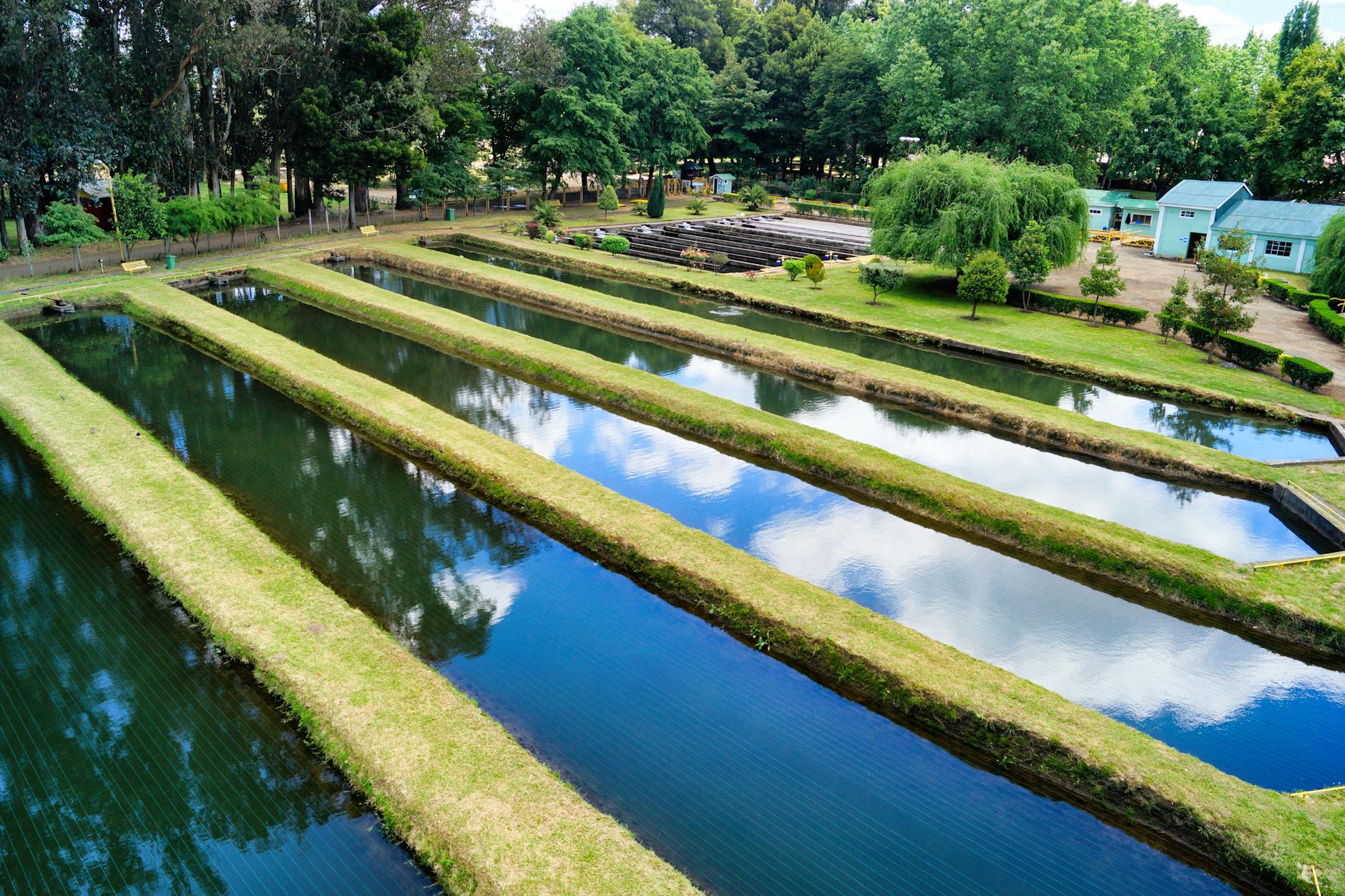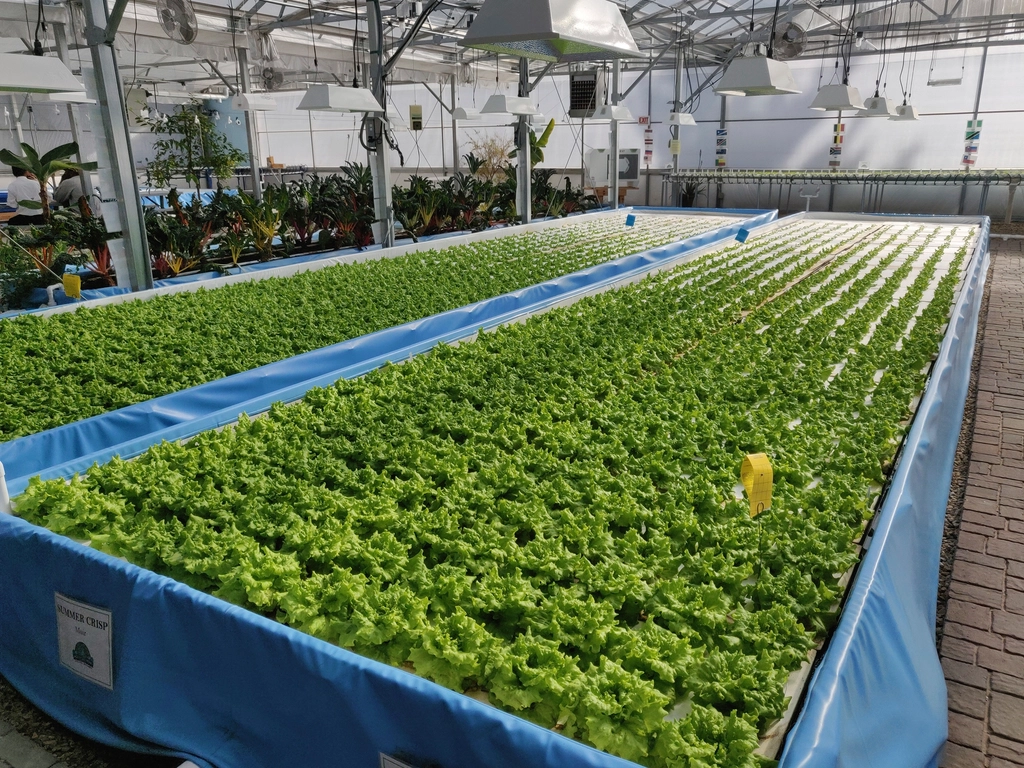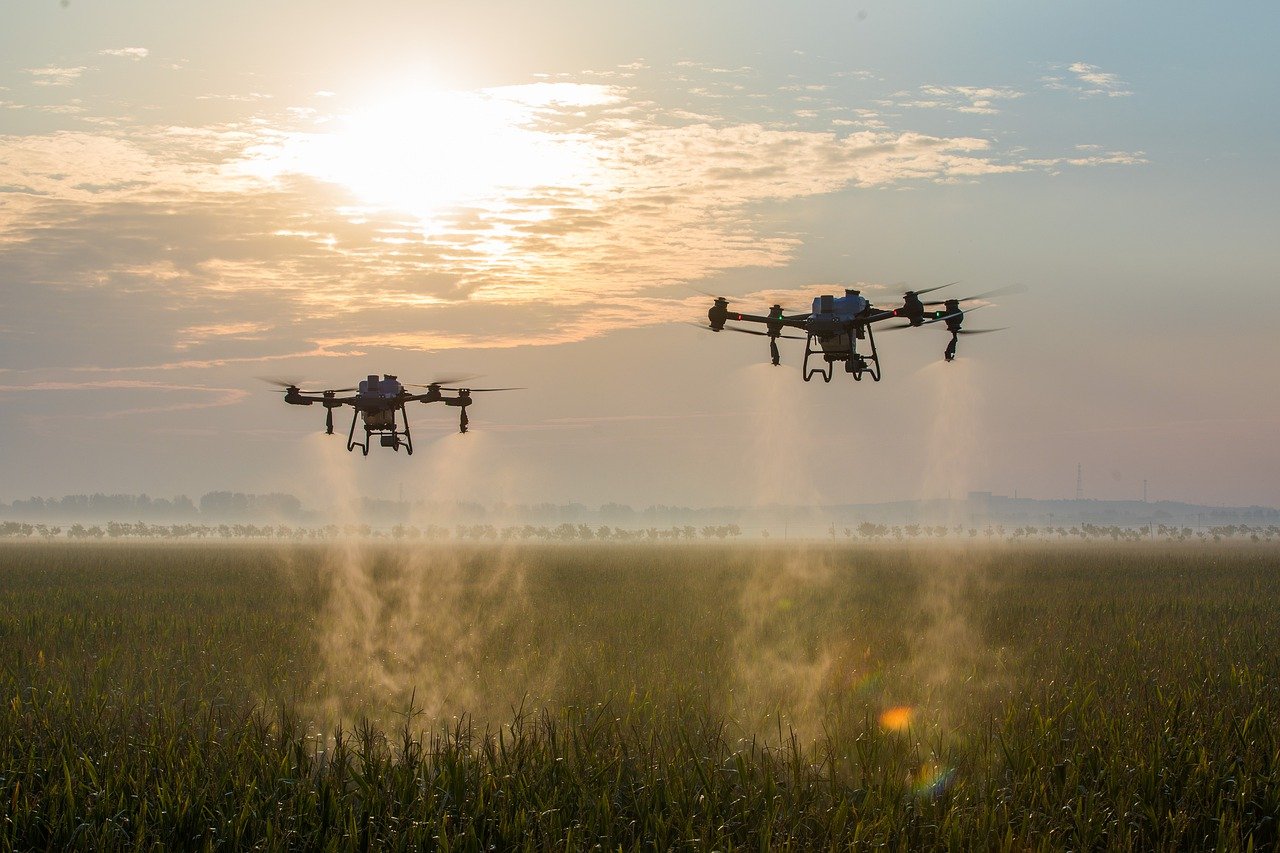Your cart is currently empty!
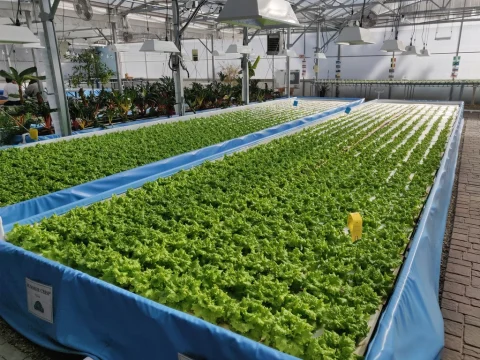
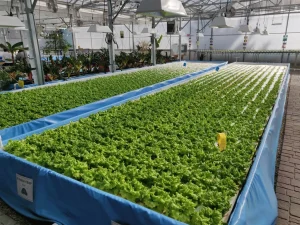
Hydroponics
Discover the sweeping impact of hydroponics on global agriculture, with a special focus on Ethiopia’s strides towards sustainable food production and how other nations are successfully navigating food scarcity.
•
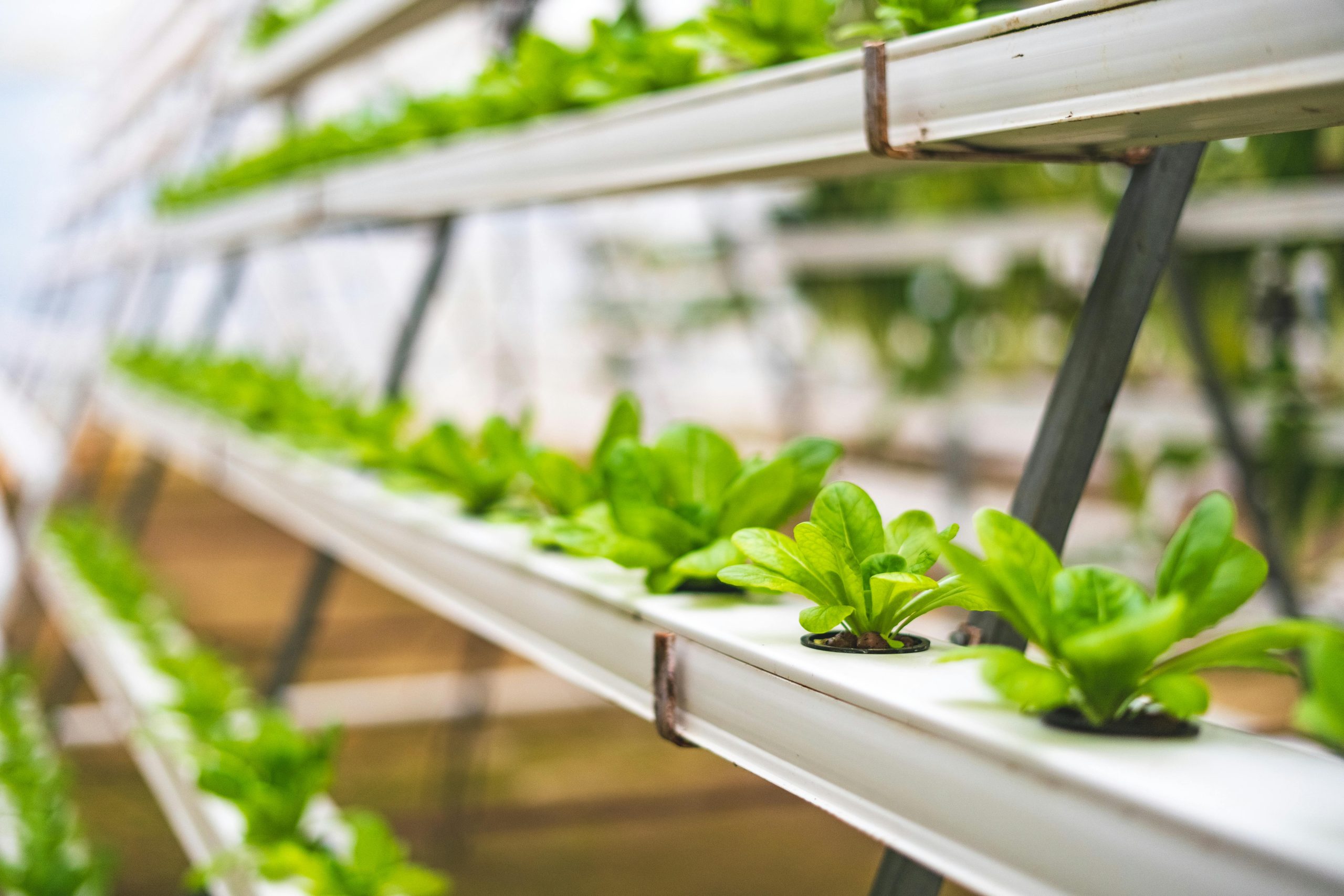
Hydroponics
Revolutionizing Global and Ethiopian Food Security
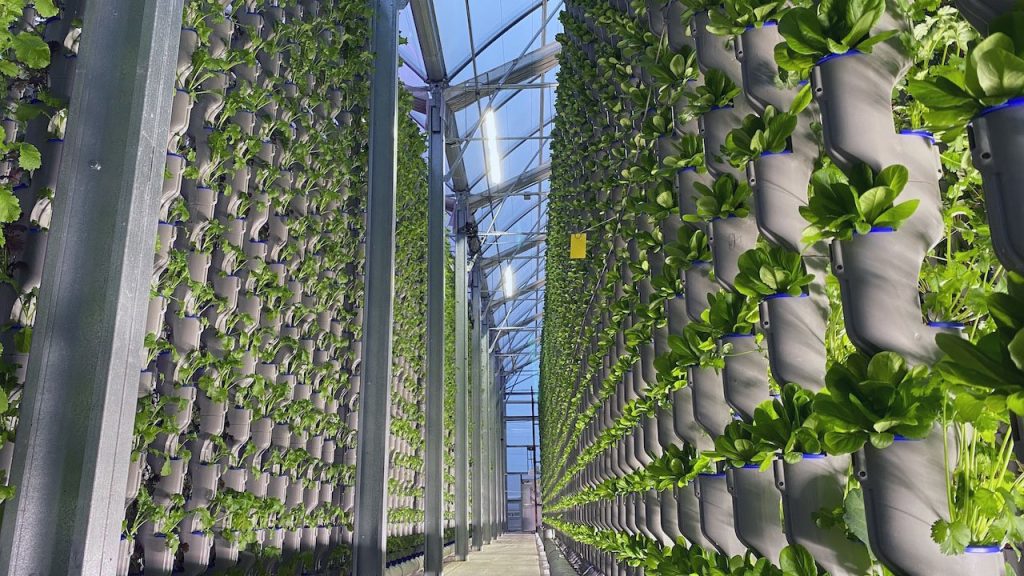
Hydroponics, a soil-less farming method, has emerged as a revolutionary solution in modern agriculture, enabling higher yields and sustainable practices worldwide.
As countries grapple with environmental challenges and a growing need for efficient food production, hydroponics provides a viable alternative to traditional farming. This detailed exploration delves into how hydroponics is shaping food security in Ethiopia and highlights successful applications from around the globe.
The Promise of Hydroponics in Agriculture
Hydroponics involves growing plants in a water-based, nutrient-rich solution, eliminating the need for soil. This technique allows for precise nutrient management and water use, making it an eco-friendly alternative to conventional agriculture. Key benefits include:
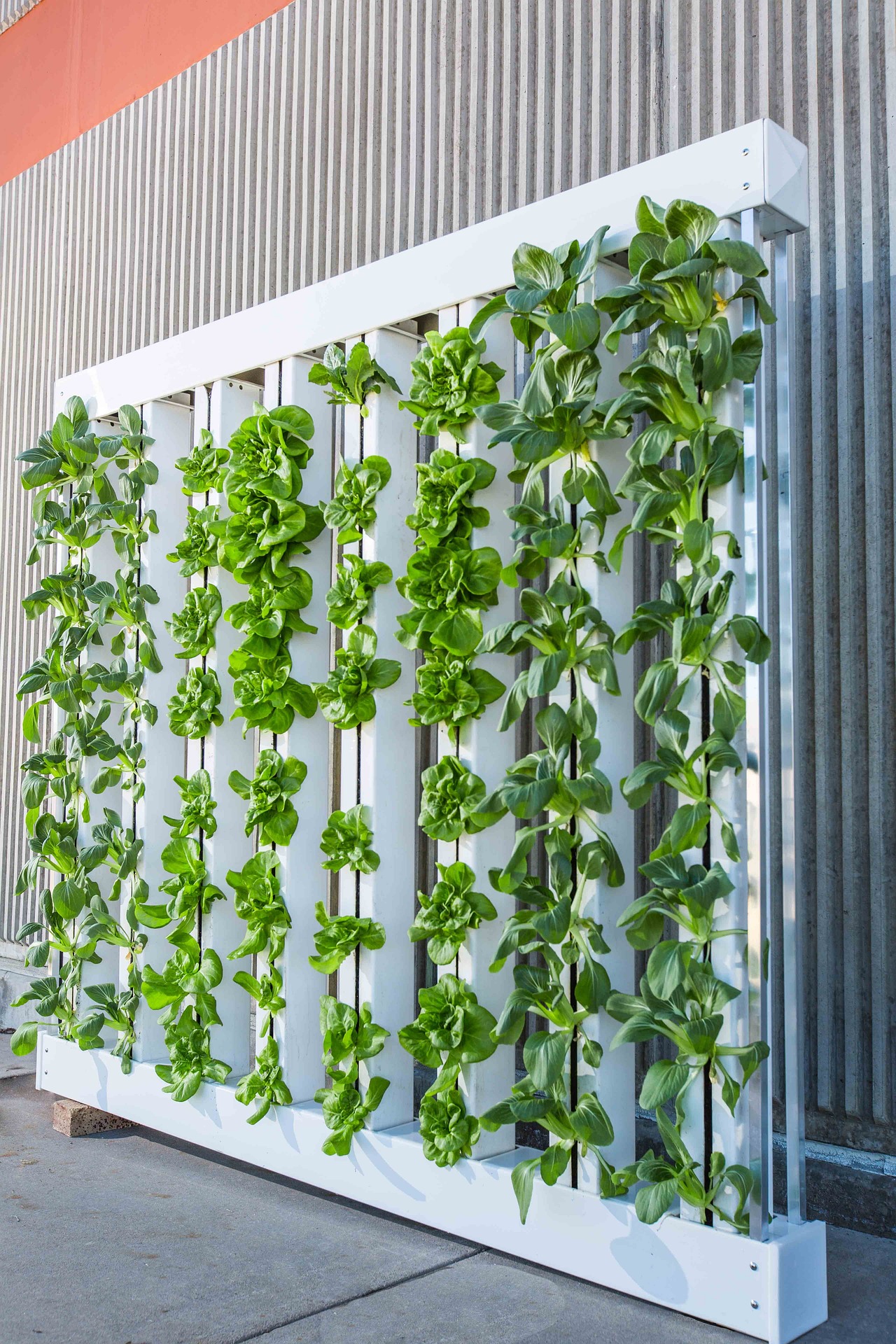
01
Resource Efficiency
Hydroponics reduces water usage by as much as 90% compared to traditional methods.
02
Space Maximization
By eliminating the need for expansive farmland, hydroponics is ideal for urban settings and non-arable lands.
03
Controlled Environment
Hydroponics systems can be enclosed, reducing the impact of external weather conditions and harmful pests, which also diminishes the need for chemical pesticides.
04
Scalability
Hydroponic systems can be easily scaled to meet the needs of both small family farms and large commercial operations. This flexibility allows for an incremental expansion, adapting quickly to increased demand or changes in market dynamics.
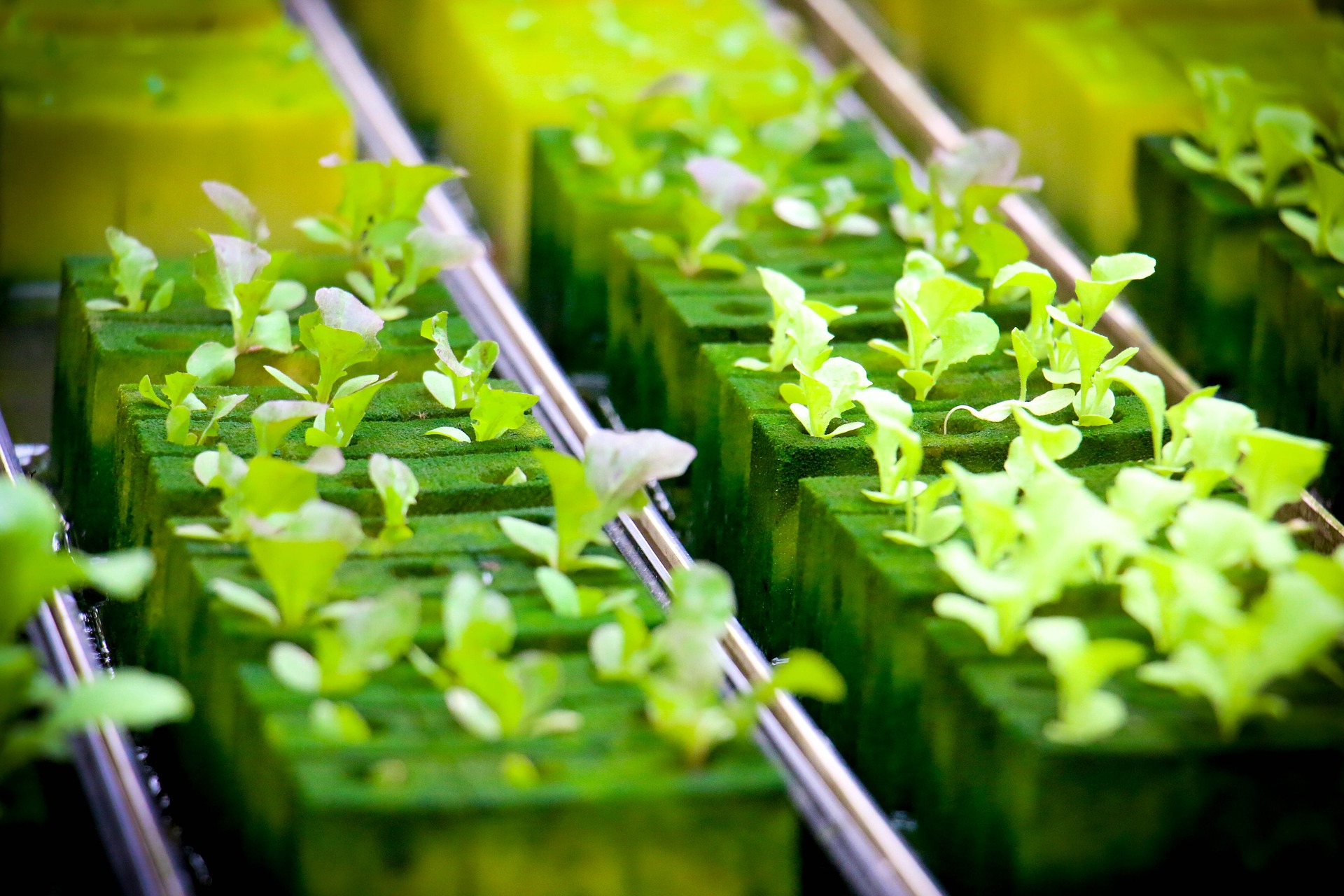
Ethiopia’s Hydroponics Landscape: A Leap Towards Food Sovereignty
Ethiopia’s agricultural sector, vital for its economy and food security, is severely impacted by challenges such as frequent droughts and land degradation. These issues, compounded by rapid population growth and outdated farming techniques, diminish crop yields and threaten the livelihoods of many, underscoring the urgent need for sustainable solutions to bolster food stability.
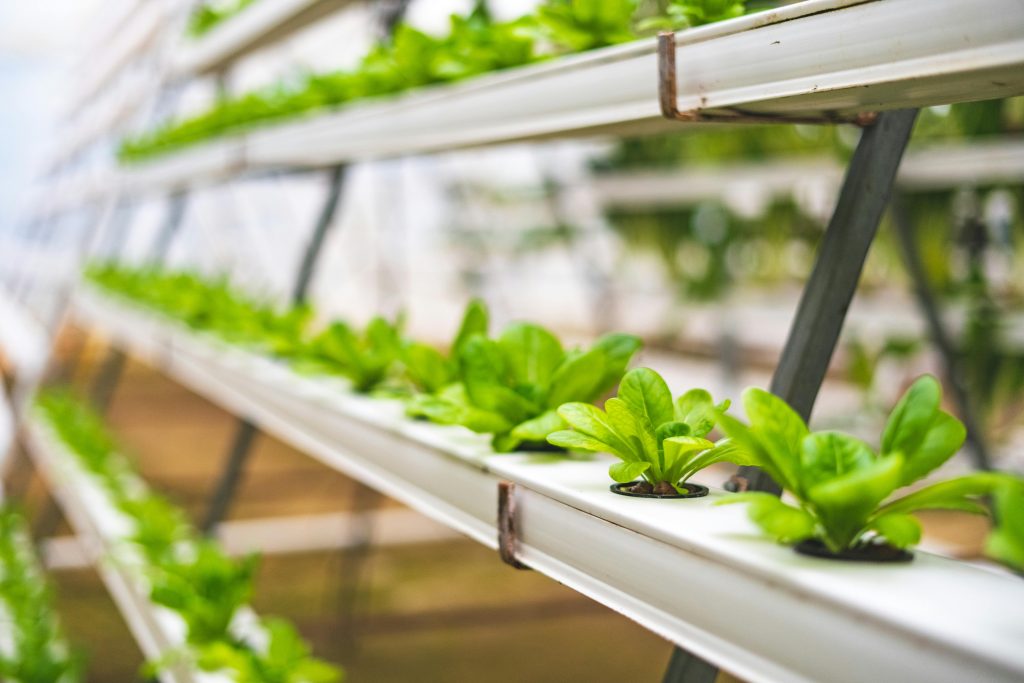
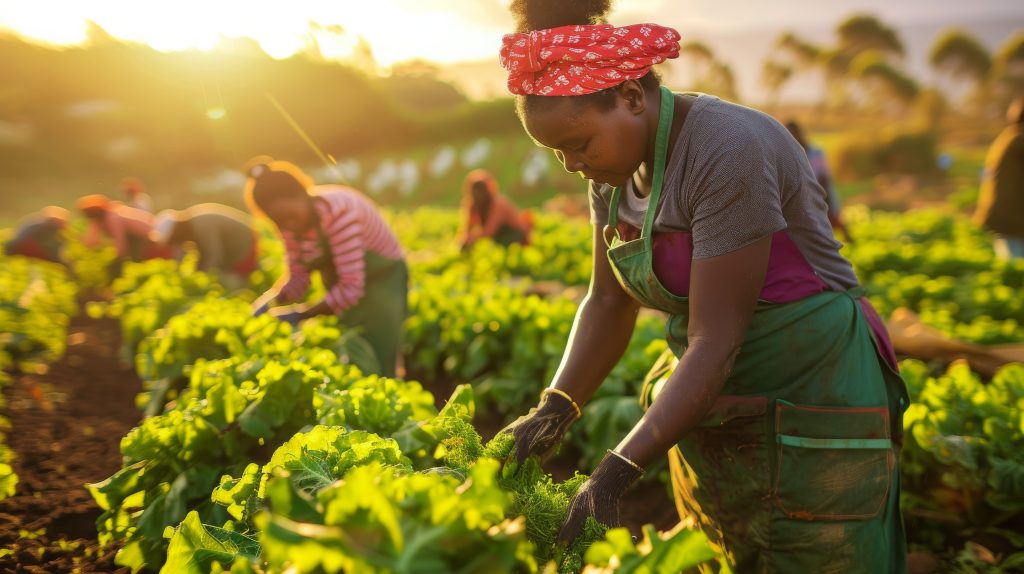
Hydroponics offers an innovative solution by
Enhancing Urban Agriculture: In densely populated areas like Addis Ababa, hydroponics allows for efficient use of vertical spaces and rooftops for farming.
Ensuring Year-Round Production: With controlled environments, hydroponics enables consistent crop production throughout the year, crucial in regions with erratic weather patterns.
Supporting Diverse Crop Cultivation: Farmers can grow a variety of crops that might not thrive in the native soil, improving nutrition and culinary diversity.
Global Perspectives: Lessons from Hydroponics Pioneers
Several countries have successfully integrated hydroponics into their food security strategies, providing valuable lessons for Ethiopia and other nations:
- Singapore: Limited by space, Singapore has innovated with vertical farming technologies and intensive hydroponics systems to boost its local food production significantly.
- United Arab Emirates: In the arid landscapes of the UAE, hydroponics has been a game-changer, providing fresh produce locally, reducing reliance on imports, and conserving scarce water resources.
- Netherlands: Known for its agricultural technology, the Netherlands employs hydroponics extensively, achieving remarkable efficiency and exporting large quantities of produce.
Advancing Sustainability and Community Engagement
Beyond individual benefits, hydroponics fosters broader sustainable development goals:
- Education and Training: Hydroponics training programs enhance agricultural skills and support community development.
- Economic Opportunities: As a growing sector, hydroponics creates new jobs in construction, maintenance, and system management.
- Environmental Conservation: By promoting water and land conservation, hydroponics contributes to long-term ecological health.
Hydroponics
The future of hydroponics in Ethiopia and globally looks promising as technological advancements continue to enhance its viability and efficiency. With ongoing research, community engagement, and governmental support, hydroponics can play a pivotal role in solving food security challenges. Embracing this technology not only helps mitigate the impacts of climate change and land degradation but also propels us towards a more sustainable and food-secure world.
By integrating lessons from global leaders in hydroponics with local initiatives, countries like Ethiopia can transform their agricultural landscapes, ensuring food security and sustainability for generations to come. As we continue to face the challenges of the 21st century, hydroponics stands out as a key innovation in our quest to achieve global food sovereignty.
Get InTouch
Interested in learning more about our innovative farming solutions or have a question about aquaponics and hydroponics? Don’t hesitate to reach out! Contact us today, and let’s cultivate a sustainable future together. Your inquiries inspire our advancements.

